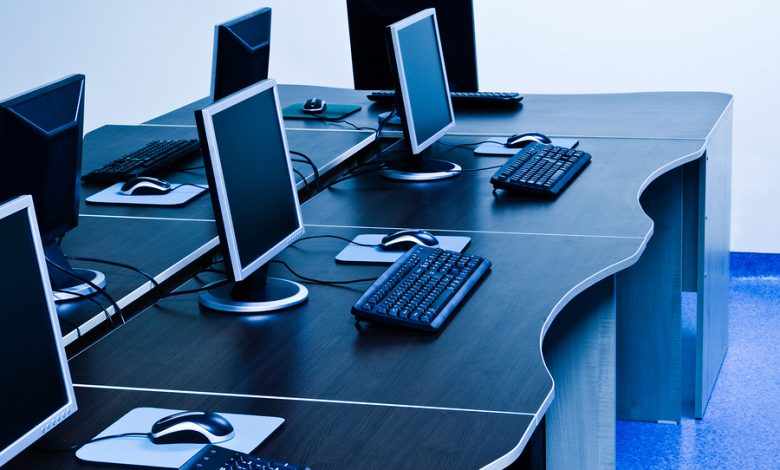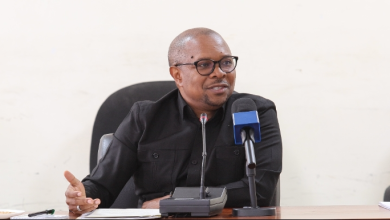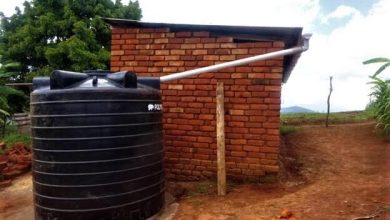ICT equipment to transform teaching, learning in secondary schools

ARUSHA: DEPUTY Minister in the President’s Office – Regional Administration and Local Government (PO-RALG), Ms Zainabu Katimba, has said that the distribution and use of ICT equipment in secondary schools will transform the teaching and learning environment, particularly by boosting student engagement in reading and academic activities.
Speaking in Arusha on behalf of Minister Mohamed Mchengerwa during the launch of the second phase of ICT equipment distribution, Ms Katimba said the initiative will benefit 422 secondary schools across the country, including 16 schools in the Arusha Region.
She said the ICT tools would equip both students and teachers with new skills.
“Teachers will be able to conduct lessons using video content and interactive methods that enhance understanding, while reducing reliance on printed materials and traditional resources,” she noted.
Ms Katimba directed regional and district education officers, along with council directors, to ensure the timely delivery of the equipment to schools within five days and to guarantee proper maintenance and security of the tools to ensure sustainability.
“Classrooms should be kept clean to prevent dust from damaging the equipment. Additionally, schools should train teachers who haven’t yet received ICT training and assign a dedicated staff member to oversee and repair the equipment,” she said.
She further urged teachers to align with ongoing curriculum reforms and education policy changes by helping students adopt new learning approaches, nurture their talents and improve academic performance.
ALSO READ: 18bn/- allocated for ICT equipment
As part of the second phase, the government has distributed 422 smart boards and 444 uninterruptible power supplies (UPS) to schools, through a budget exceeding 12bn/-. The initiative is designed to support the growth of digital learning and expand ICT integration nationwide.
Ms Katimba also highlighted the potential of the equipment to facilitate remote learning, reducing the cost of preparing physical teaching materials while easing access to digital content and lesson notes within the school environment.
Director of Education in the ministry, Dr Emmanuel Shindika, reiterated the growing role of science and technology in improving education delivery and efficiency.
“ICT is a vital foundation for a developing country. It increases access to information and enhances learning. We are grateful to President Samia Suluhu Hassan for spearheading this technological shift in education to improve student achievement and create a more enabling learning atmosphere,” Dr Shindika said.
Arusha District Commissioner, Mr Joseph Mkude, expressed gratitude for the ICT initiative, noting it will help students extend their learning beyond the classroom and keep up with the global pace of technological advancement.
He revealed that Arusha Secondary School has already constructed eight fully furnished classrooms at a cost of 681m/-.
He also called on students across the country to plant and care for trees as part of efforts to protect the environment.





